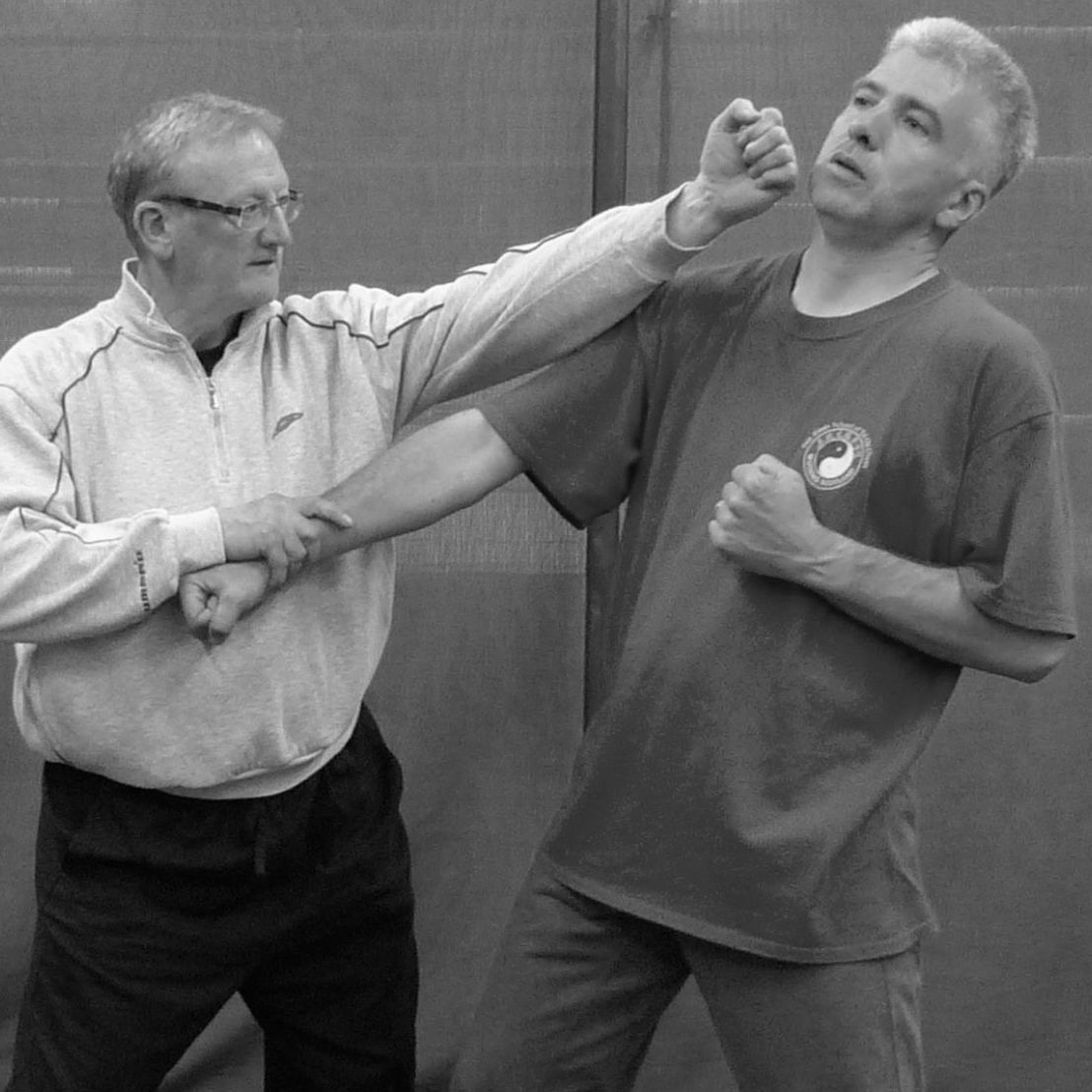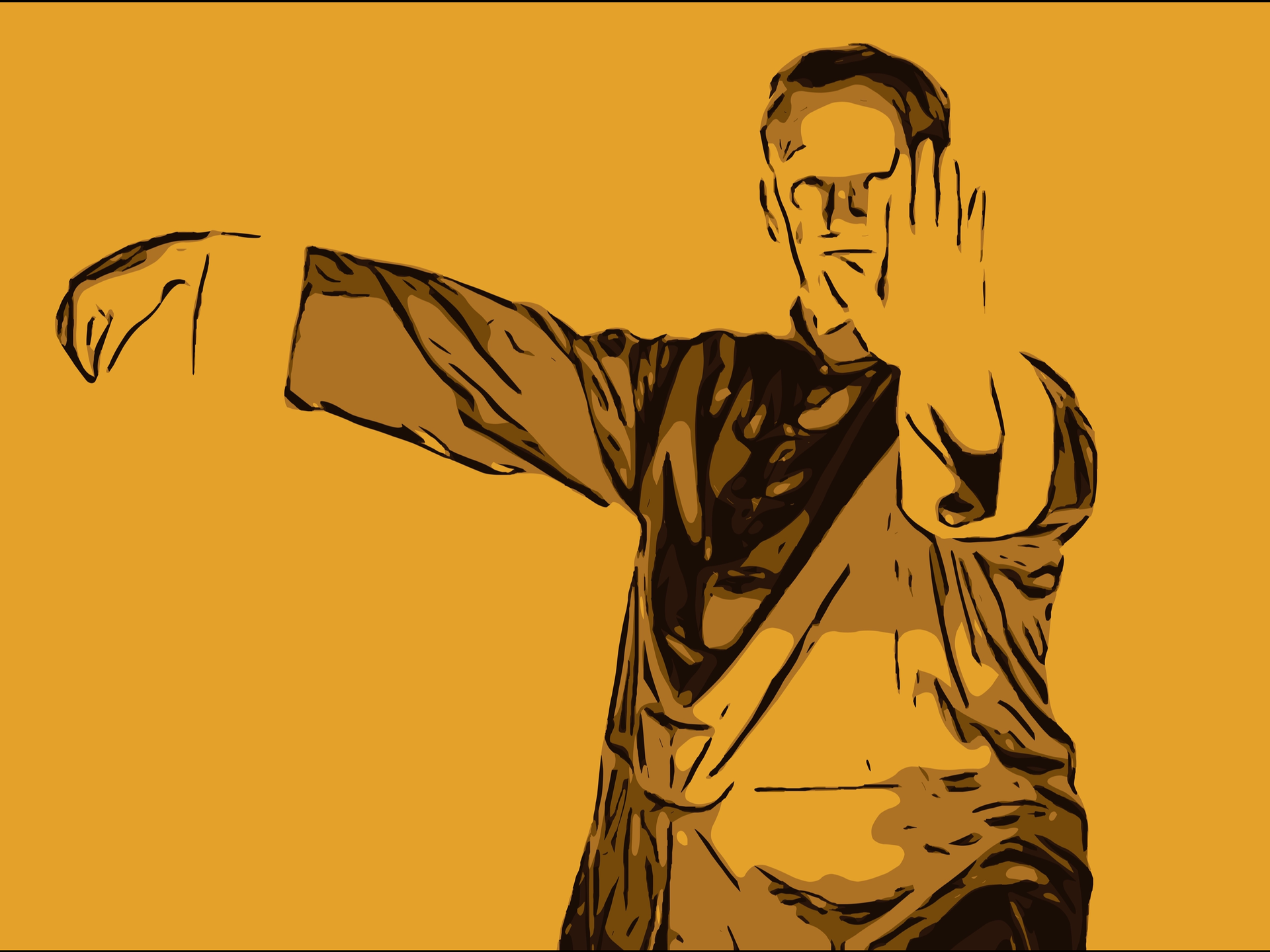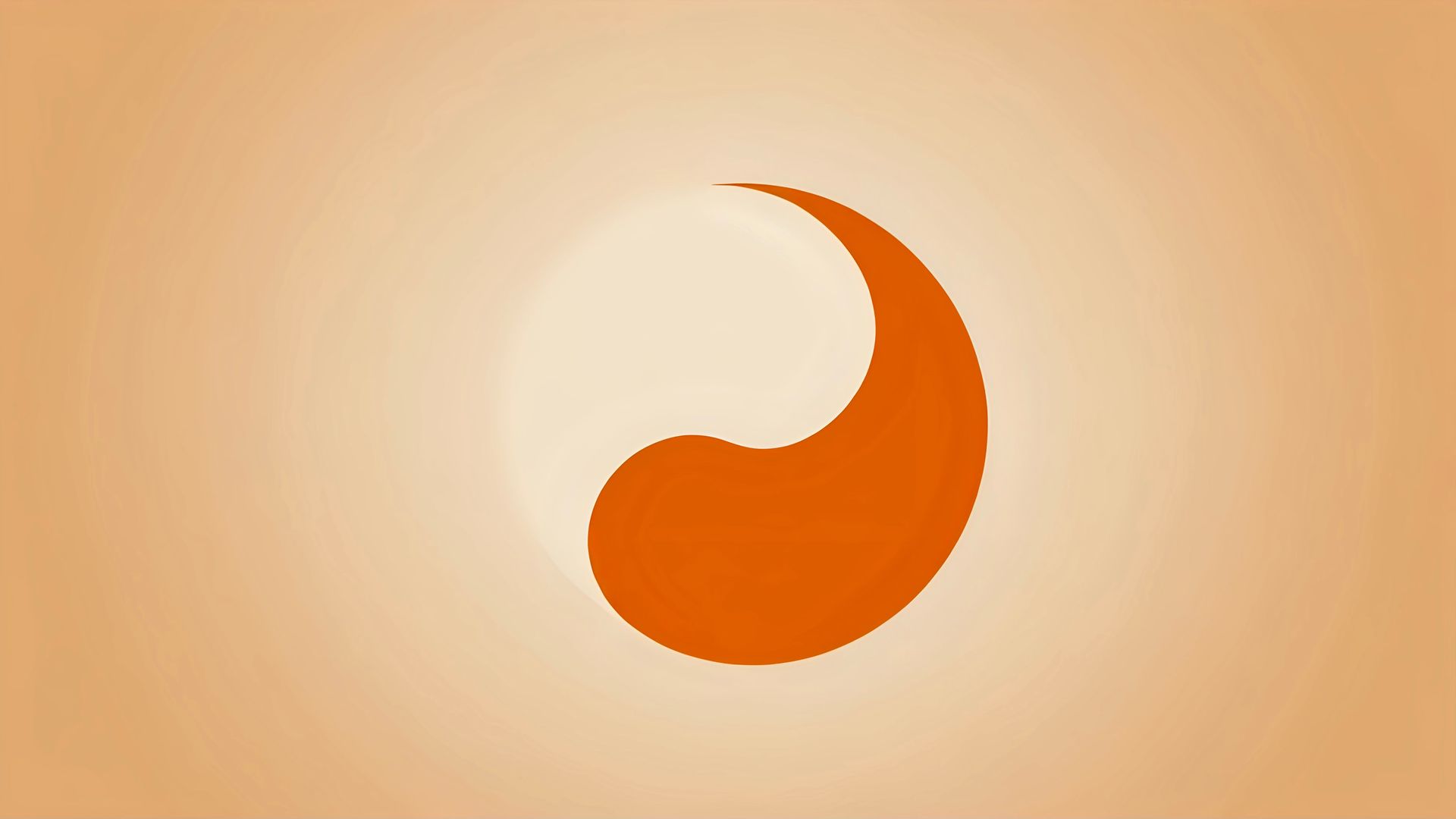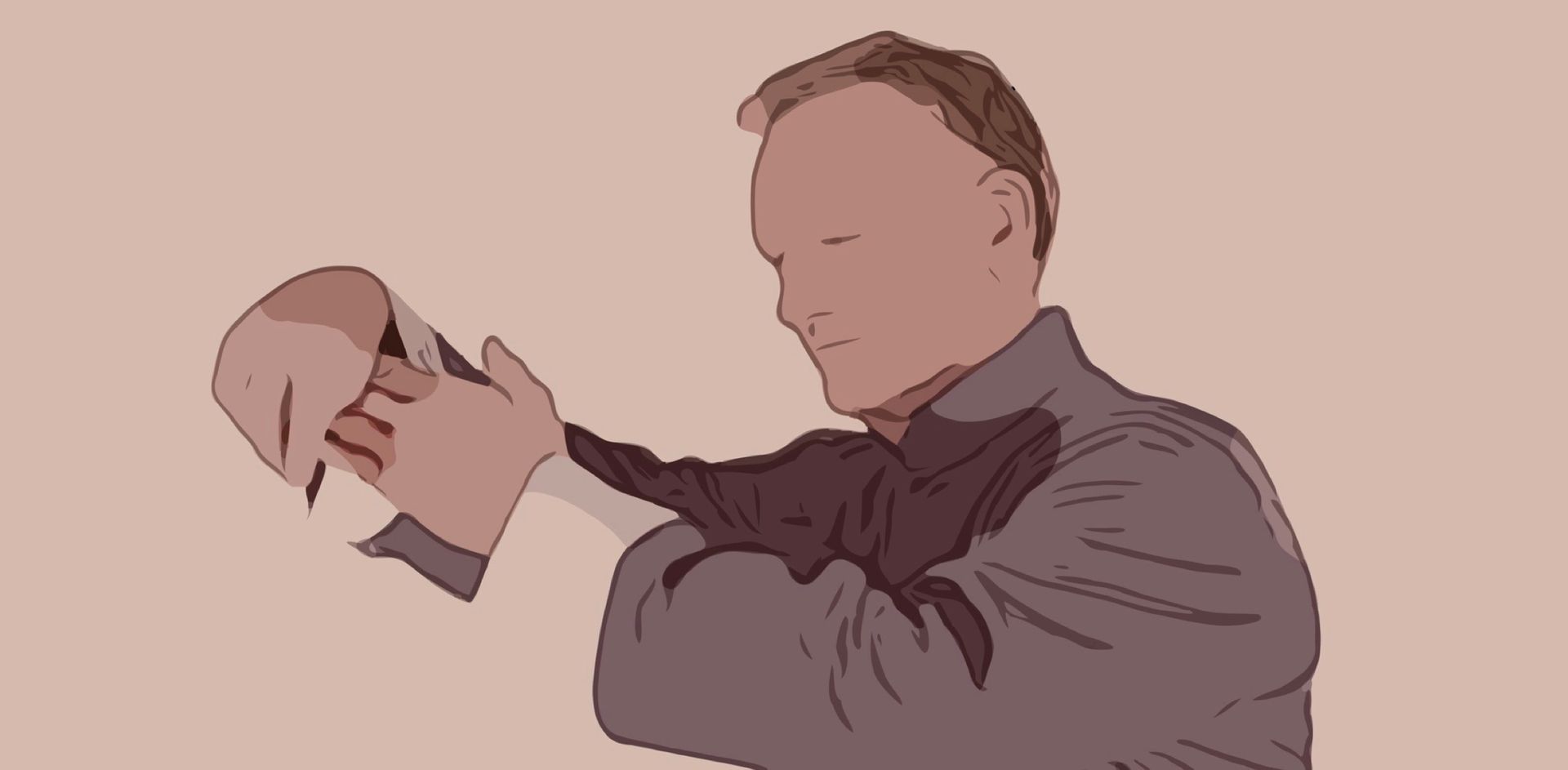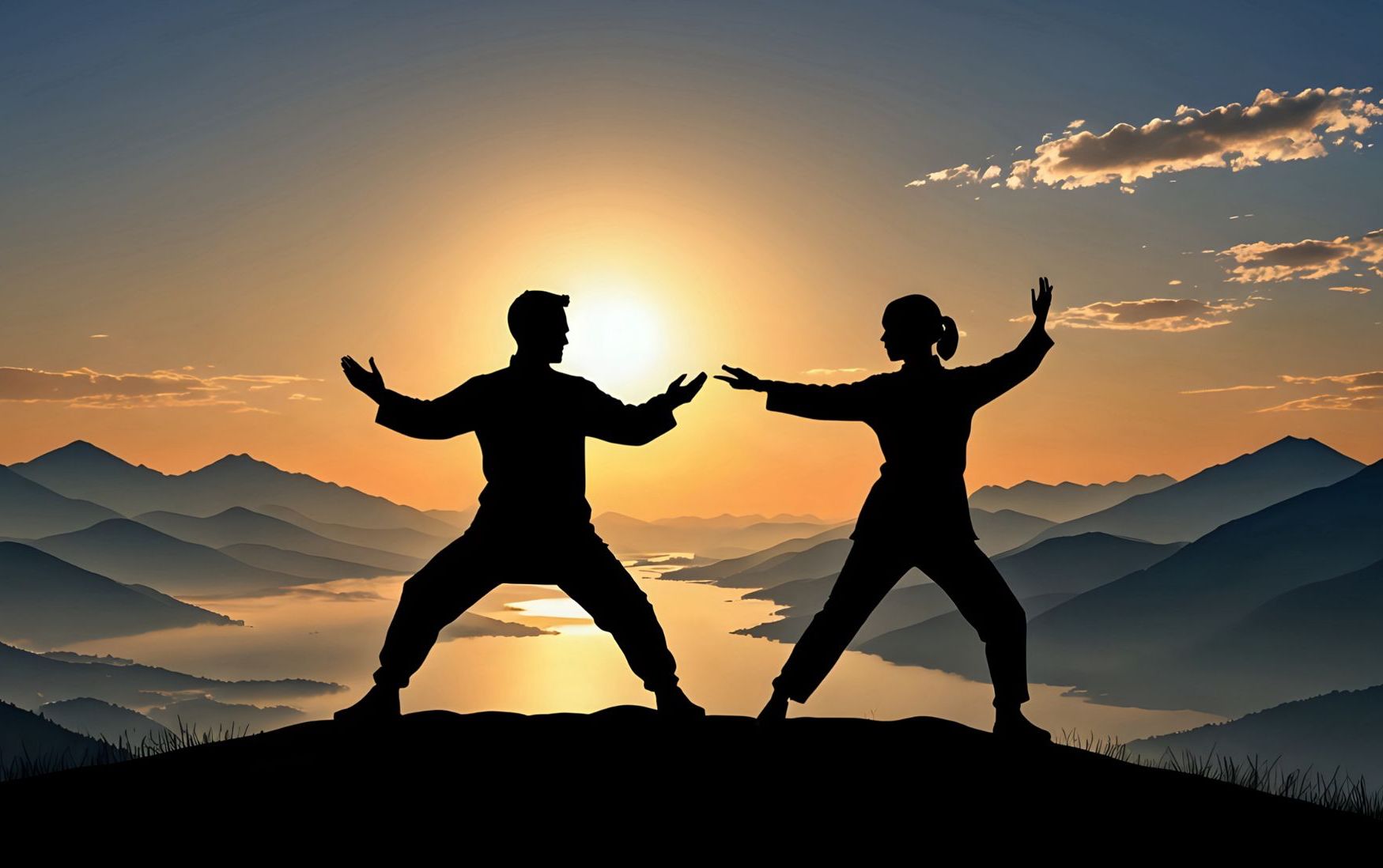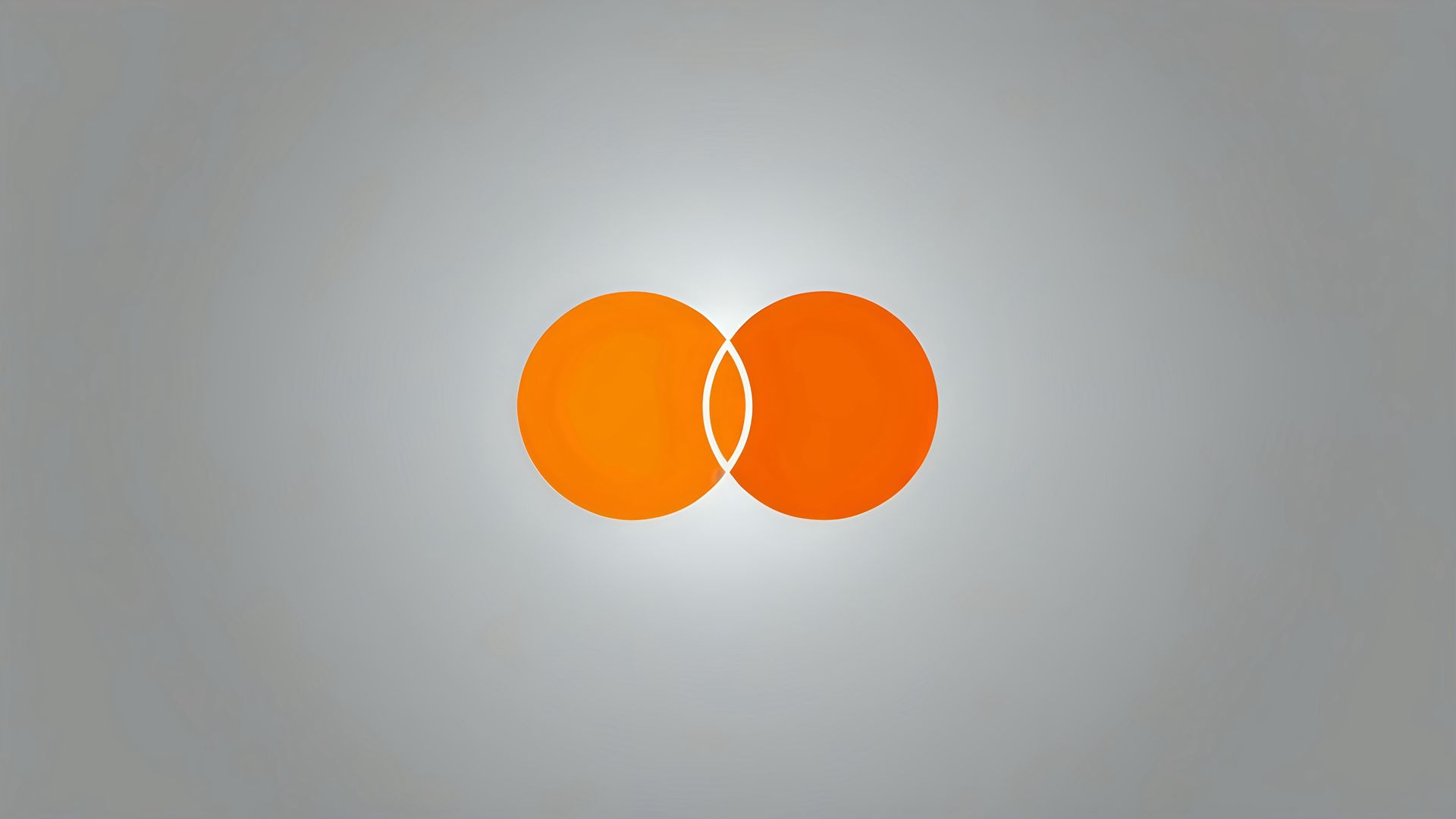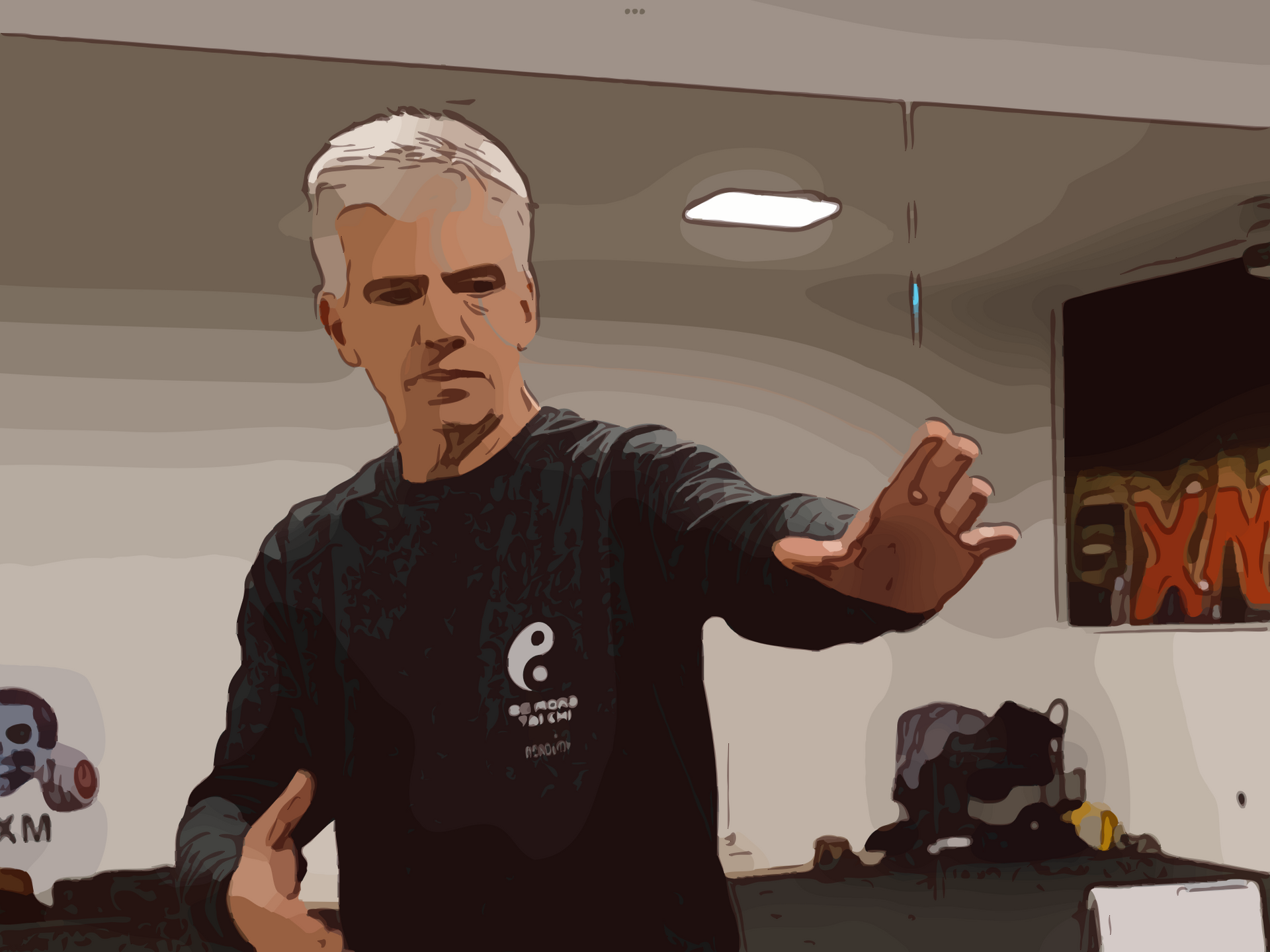Perfection Has No Potential – Why Tai Chi is for Every Age
Tai Chi is a Lifelong Practice of Refinement
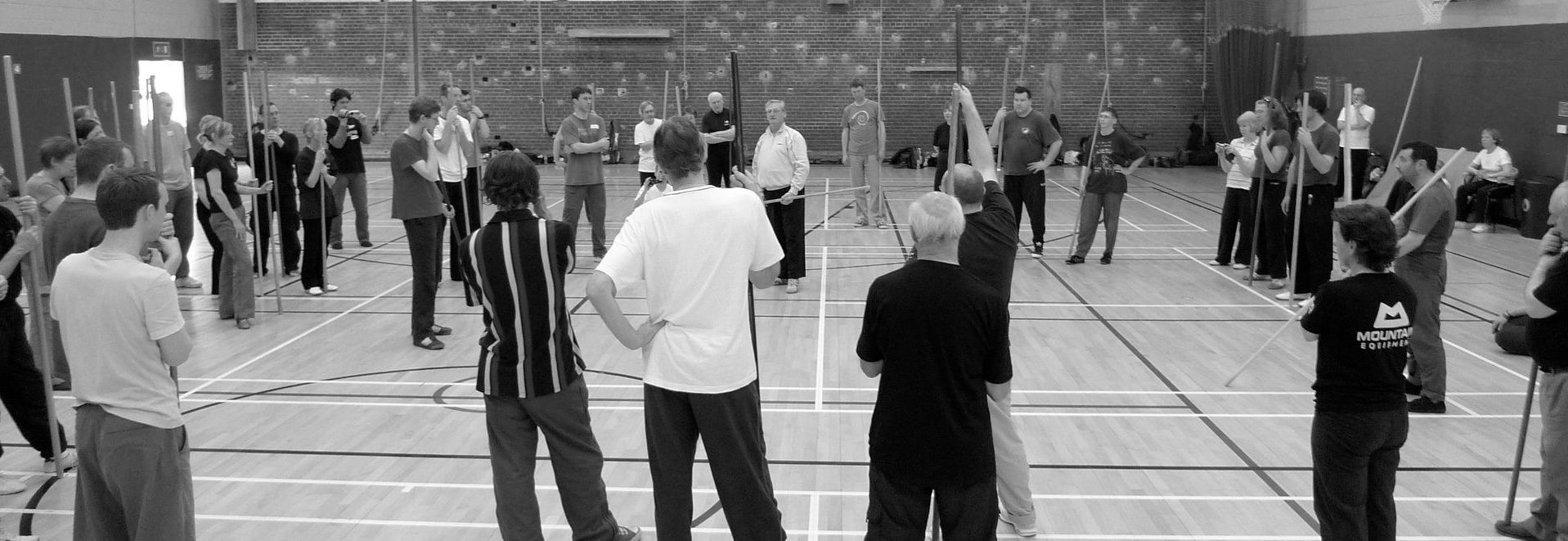
One of the greatest misconceptions about Tai Chi is that it’s either too slow for younger people or too difficult to start later in life. The truth? Tai Chi is a practice that evolves with you, offering unique benefits at every stage of life.
No one ever performs a “perfect” Tai Chi form—because perfection means there’s nothing left to refine. Tai Chi is about continual improvement, awareness, and mastery over time. Whether you’re young and looking for strength, movement, and focus, or older and seeking balance, longevity, and mindfulness, Tai Chi meets you where you are.
Let’s explore why Tai Chi is the perfect practice for every age.
1️⃣ Tai Chi for Younger People – Strength, Focus & Resilience
Tai Chi might not be the first thing younger people think of when choosing an activity, but those who train in it gain advantages that other forms of exercise don’t offer.
📌 Why Tai Chi is Ideal for Younger Practitioners:
✅ Improves balance, coordination & body control – Key for athletes, dancers, and martial artists.
✅ Enhances focus & mental resilience – A powerful tool for stress management in a fast-paced world.
✅ Develops core strength & flexibility – Unlike weight training, Tai Chi strengthens the body through fluid, full-range movements.
✅ Boosts recovery & injury prevention – Used by top athletes to improve mobility and reduce strain.
📌 Training Options for Younger People:
• Short Online Course – Learn Tai Chi in a structured way at your own pace.
• Traditional Training – Go deeper into martial applications & full-body conditioning.
2️⃣ Tai Chi for Older Adults – Balance, Mobility & Longevity
As we age, mobility, joint health, and balance become more important than ever. Tai Chi is one of the most recommended exercises for healthy ageing, with science-backed benefits for longevity.
📌 Why Tai Chi is Ideal for Older Adults:
✅ Reduces fall risk & improves balance – Studies show it lowers fall risk by up to 50%.
✅ Gentle on joints & helps with pain relief – A perfect alternative to high-impact workouts.
✅ Lowers stress & improves mental clarity – Combines movement with mindfulness for overall well-being.
✅ Supports heart health & circulation – Slow, controlled movements naturally improve cardiovascular function.
📌 Training Options for Older Adults:
• Short Online Course – Simple, structured Tai Chi practice for mobility and relaxation.
• Traditional Training – A deeper approach that refines movement and builds long-term resilience.
3️⃣ A Practice of Refinement – Tai Chi Grows With You
Tai Chi is one of the few practices that adapts to the individual, rather than forcing the individual to adapt. It’s not about age—it’s about refinement. Whether you’re 20 or 70, the journey of Tai Chi is always unfolding.
📌 Key Takeaways:
✅ Younger students build strength, precision, and mental clarity.
✅ Older students gain balance, mobility, and lasting health benefits.
✅ Tai Chi is never “mastered”—it is refined over a lifetime.
🚀 Perfection has no potential—start your Tai Chi journey today.

